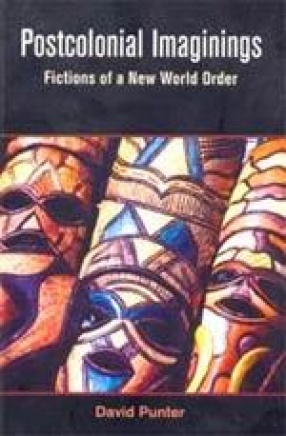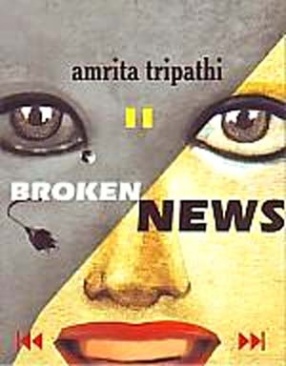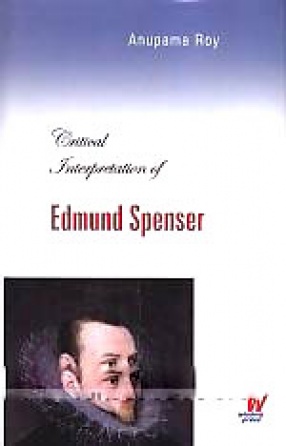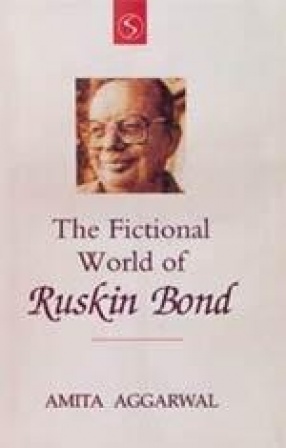This deeply engaging, historically and culturally informed book provides new perspectives on a wide range of writers, and at the same tie provides a radically new development of many of the most pertinent issues in the field pf postcolonial writing and theory. It constitutes a major new engagement between the ‘postcolonial’ and a conception of the literary which is richly innovative in its deployment of psychoanalytic, deconstructive and other approaches to the text. The book beings with some brief background to the issue of decolonisation and its contemporary effects. It is informed throughout by a clear sense of literary and political context, within which chosen texts –by well-known writers (Derek Walcott, Chginua Achebe, Edward Kamau Brathwaite) as well as less well-known ones (Joan Riley, Susan Power, Abdulrazak Gurnah) and writers not often seen in a postcolonial context (James Kelman, Seamus Deane, Hanif Kureishi) – can be situated. The chapters which follow are based around themes such as violent geographics; hallucination, dream and the exotic; mourning and melancholy; Diaspora and exile; delocalisation and the alibi. This profoundly new approach to the complexities of the postcolonial allows the reader to appreciate some of the richness, but at the same tie the political and cultural ambivalence, which underlies postcolonial writing. Througout the book David continually questions, as one would expect from his many previous books, the definition and scope of the ‘postcolonial’. It is seen throughout as a phenomenon not restricted to the ex-or neo-colonies but as a key characterization of all our lives at the beginning of the twenty first century. It is an indissoluble part of the development of national imaginings and, at same time, an alibi for the emergence of a violently assertive ‘new world order committed to the management and obliteration of difference. By juxtaposing texts from different cultural traditions and topographies, from Things Fall Apart to The Bone People, from Another Life to Feeding the Ghosts, from A House for Mr Biswas to The Black Album, David Punter points to the explosion of energy which characterizes postcolonial writing while also raising crucially new questions about the relation between this literary energy, the professionalisation of Western literary criticism, the meaning of the notion of ‘theory’ and the wider global political and economic climate. Features: A new and polemical engagement with the principal theorists, writers and critics of the postcolonial, A breadth of thematic approach through a radically new canon of linked studies An Approach to the postcolonial which includes the effects on colonizing societies as well as on the ‘ex-colonies’, An emphasis on the complexities of the ‘postcolonial psyche’ which brings together political and psychoanalytical approaches, An insistence on the ‘phantomatic’ and spectral aspects of postcolonial writing which constitutes a new critique of conventional notions of hybridity and the subaltern.
Postcolonial Imaginings: Fictions of a New World Order
In stock
Free & Quick Delivery Worldwide
reviews
Bibliographic information
Title
Postcolonial Imaginings: Fictions of a New World Order
Author
Edition
Reprint
Publisher
ISBN
8126905549
Length
viii+238p., Notes; Bibliography; Index; 24cm.
Subjects





There are no reviews yet.